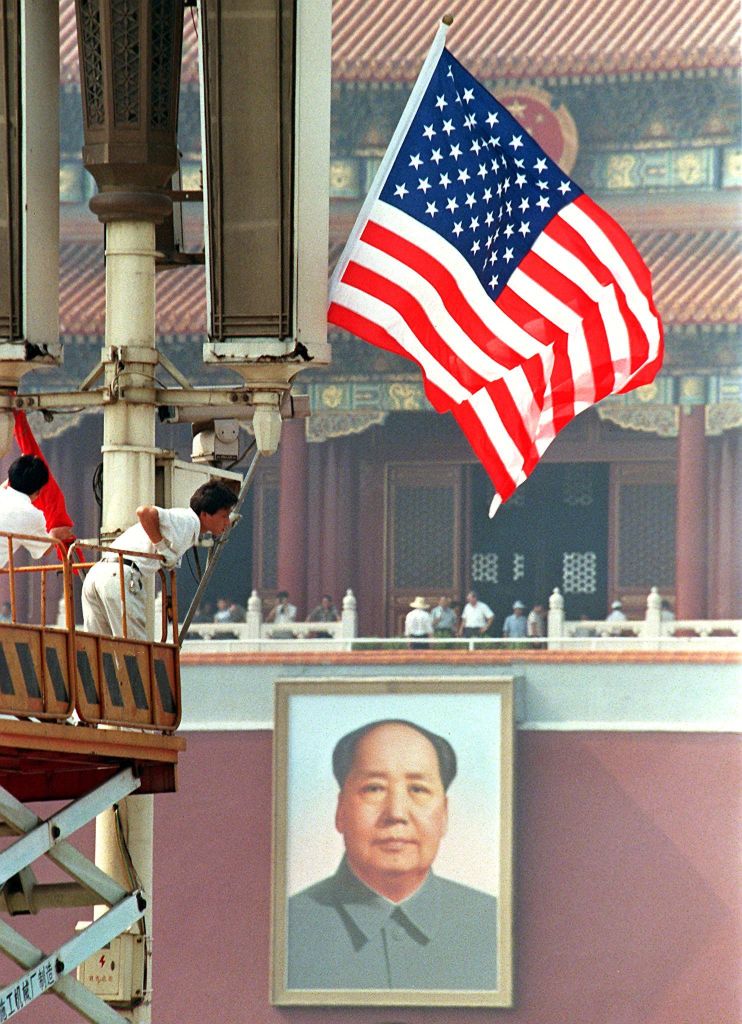China trade war worry whacks stock market for third day
U.S. stocks dropped Thursday, capping a three-day run of losses for the market as investors' trade-war worries persist.
The Dow fell fell 54 points, or 0.2%, to 27,766. Both the broader S&P 500-stock index and the tech-heavy Nasdaq composite also ended the day down 0.2% each. Bond prices also dropped, while the yield on the 10-year Treasury rose to 1.77%.
Investors have turned cautious this week amid concerns that the U.S. and China will fail to make a trade deal before the year is over.
The world's largest economies have been negotiating a resolution to their trade war ahead of new tariffs set to hit key consumer goods on December 15. Investors have been hoping for a deal before that happens, as the tariffs would increase prices on smartphones, laptops and many common household goods.
"That December 15th deadline on tariffs still weighs on the market," said Quincy Krosby, chief market strategist at Prudential Financial. "The market needs a sense that there won't be an escalation in the trade war."
China's Commerce Ministry batted away rumors that the talks were in trouble. A ministry spokesman said Beijing was committed to continuing discussions on core concerns. The Wall Street Journal is also reporting that China's chief negotiator has called for more face-to-face negotiations.
Optimism that Washington and Beijing were nearing a "phase one" trade deal helped pave the way for gains in the market in recent weeks, including a string of all-time highs for the major stock indexes. Stocks have receded from those highs the past few days as investors have grown more doubtful about a trade resolution. The selling has the S&P 500 on track for its first weekly loss after six straight weeks of gains.
Technology stocks were the biggest losers Thursday. Many chipmakers and companies that make tech hardware rely on China for sales and supply chains. Advanced Micro Devices slid 3.6% and Lam Research fell 3.5%.
The market will remain choppy and risky as long as the trade war and the threat of new tariffs loom over Wall Street, said Barry Bannister, head of institutional equity strategy at Stifel.
"We don't want to see tariffs on consumer goods that get passed on directly to retail purchasers because they're the last leg on which the economy is standing right now," Bannister said.
Bannister warned that the market could be in for a significant decline before the end of the year if the U.S. and China can't make progress. He also said the risk of a larger recession has not disappeared.



